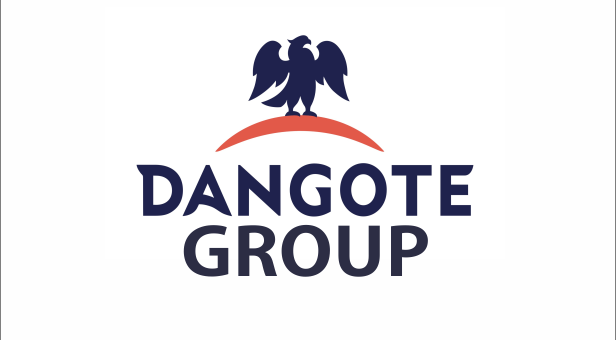Dangote Group has signed an agreement with Automaker, Transit Support Services Limited, for the supply of Shacman trucks being assembled at the Anambra Motor Manufacturing Company Limited’s (ANAMMCO) factory in Emene, Enugu.
This comes shortly after the group injected about N63 billion for the purchase of 3,500 units of trucks aimed at reviving the ANAMMCO plant.

The disclosure was made by the Chairman of Transit Support Services Ltd, Frank Nneji during a tour of the auto plant.
Why this matters: The auto plant had been dormant for many years until Dangote Group signed an agreement for the production of Shacman trucks. The production of the vehicles led to the recall of all ANAMMCO staff, who for years, have not been doing anything as the company went moribund.
The agreement has reportedly benefited the people in the area immensely through job creation and training of young school leavers.
According to Nneji, the revival of the auto plant and the investment of Dangote has not only benefitted company but has also returned the pride of the South-East economy, which the ANAMMCO auto plant represents.
“About 90 per cent of trucks produced here are for Dangote. Right now at the dump, we have about 300 units. Since last year, we have done 800 units. Dangote Group since inception has bought about 3,500 units from us. It also patronises the Shackman trucks for its refinery currently being built in Lagos,” he said.
Nneji added that the project had also kept busy the Onne port which was dormant for many years. He explained that the port is used for the delivery of vehicle components supplied to the ANAMMCO plant by its partner from China, Shaanxi Heavy Duty Automobile Import & Export Company.

Also speaking was the General Manager, Corporate Communications of Dangote Group, Mr Sunday Esan, who made it known that the quality of the Shacman trucks was satisfactory, as he assured Nneji of continuous patronage.
“Dangote Group is expanding. Apart from the cement, sugar and salt factories, among others, we’re starting a petroleum refinery, the biggest in Africa. All these will require a high number of trucks. It is a long-term relationship,” he said.












